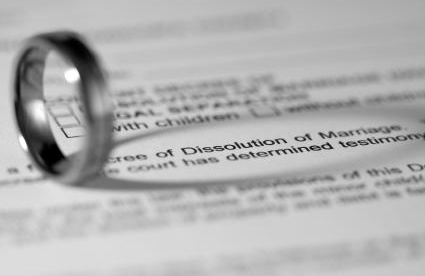Separated? Now what?
- March 30, 2021
- Posted by: admin
- Category: Divorce and Separation

What is separation?
Separation occurs when one party in a relationship communicates their intention to end the relationship to the other party. It is not necessary that both parties agree to separate – one party may decide and simply tell the other party. It is possible to be separated while still living together under the same roof.
Stages of separation
The breakdown of a relationship is a difficult process emotionally and often, financially. People experience a range of emotions post separation and it is not uncommon to go through the following stages of grief:
- shock and denial that the relationship is really over
- anger and blame of your partner or a third party
- sadness and depression
- acceptance and hope for the future
Separation affects everyone differently and at different times. Often one party has made the decision to leave the relationship and has had the time to work through the above emotions before the other party. It is for this reason that in the early stages of a break up, people are sometimes unable to reach agreement about the parenting arrangements for their children or consider what would be an appropriate and fair division of their assets.
Things to consider
Upon separation, some interim arrangements will need to be agreed upon about practical issues concerning children and assets. If you are having difficulty reaching agreement about temporary arrangements, there are facilities that can assist you such as the Family Relationships Centre in your local area or a private Mediator.
You should also seek legal advice at this point so that you know what your legal rights are.
Some of the things to consider include:
- Where will your children live and what arrangements will be in place for them to spend time and maintain their relationship with both parents?
- What, how and when will you tell the children, other family members and friends?
- What financial arrangements will be put in place for the support of the children such as payment of Child Support or payment for school fees and extra curricular activities such as the children’s sporting commitments?
- Who will remain living in the former matrimonial property?
- Who will pay the mortgage or rent?
- How will the party that decides to leave the former matrimonial property provide for themselves, including payment of rent and other associated re-establishment costs?
- What will happen to joint bank accounts?
- What will happen to the house, car, furniture and other property?
What we can do to help
We offer the first consultation free of charge. We can provide advice about your legal rights, the process moving forward and what your likely entitlements are. We can also provide you with contact details for private Mediators who can assist you to try and reach an interim agreement about your parenting or property arrangements.
We can refer you to counsellors, family therapists and child psychologists to assist you and your family through this difficult time.
